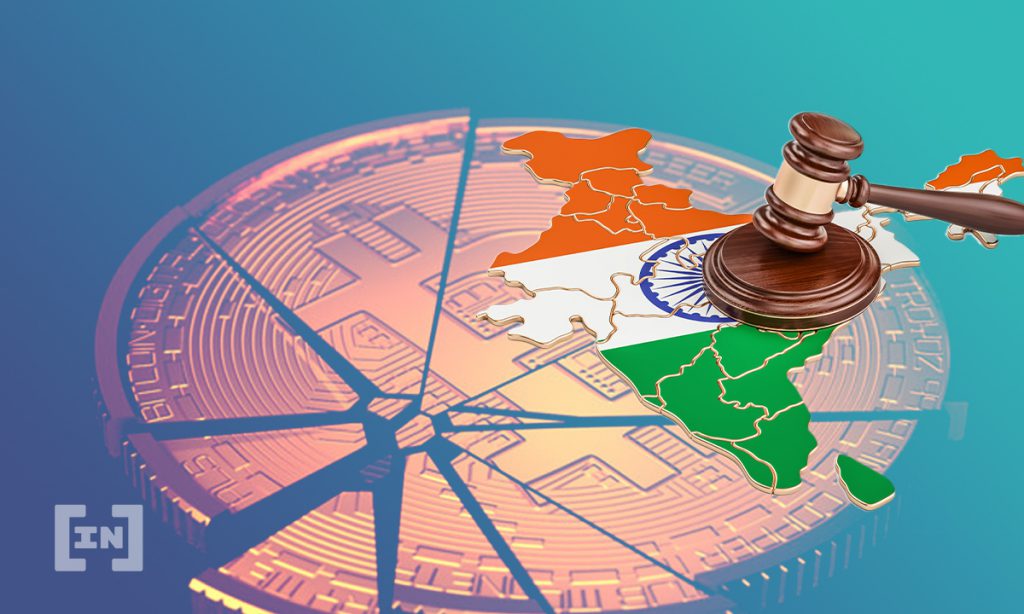The Lok Sabha, the lower house of India’s bicameral Parliament, will debate and deliberate the cryptocurrency bill before the upper house of Parliament reviews it, after which it will be sent to the president to be signed into law.
The Indian Winter Session of Parliament has commenced, in New Delhi. There is much on the table to discuss, not least of which is the bill to ban all private cryptocurrencies in favor of a central bank digital currency, with a few exceptions. The bill also describes the introduction of a central bank digital currency. The central bank’s digital currency will be sovereignly backed, on the same level as cash. One of its key purposes is to avoid the volatility that private cryptocurrencies are subject to.
This bill follows the meeting between critical representatives of the crypto industry and MPs in India to glean information to paint a broad picture of how cryptocurrencies are faring in India.
No KYC/AML For Unregulated Institutions
A question was posed by a Member of Parliament, in the Lok Sabha, India’s lower house of Parliament, regarding bitcoin’s future as a currency in India. The Minister of Finance Nirmala Sitharaman then established that bitcoin would not be recognized as a currency.
Thirumaavalavan Thol, an MP, asked the Ministers whether the government knows which cryptocurrencies are traded in India, whether cryptocurrency trading is legal in India, and whether centralized exchanges are permitted by law to operate in India. The Minister of State said that the Reserve Bank of India issued a memorandum in May to regulated institutions to comply with Know-Your-Customer (KYC) and Anti-Money Laundering (AML), and Combating of Financing of Terrorism, but that cryptocurrency institutions are not regulated in India. Hence, they didn’t receive the same memorandum.
According to an Indian legal professional, following the bill’s introduction in the Lok Sabha, the bill can be sent to a standing committee that can engage with experts, who would then construct a report to be sent to the Lok Sabha. There would then be deliberations and debates by the Lok Sabha, and if the bill is approved, it would be sent to the Rajya Sabha, the upper house of Parliament. The Rajya Subha would then engage in similar deliberations. If they vote in favor of the bill, the bill would be escalated for the president to ratify, making the bill into an act. So the bill itself will undergo various processes before being signed into law. This should allay fears of an outright ban.
Indian Pundit’s Weigh In On Bill
An Indian blockchain evangelist, Sharat Chandra is uneasy about the Cryptocurrency Bill’s definition of “private cryptocurrencies.” He believes that the government should make AML and KYC rules mandatory to legitimize cryptocurrency activities, in keeping with Financial Action Task Force rules, instead of banning cryptocurrencies in the belief that they will be used for money-laundering activity. Kazim Rizvi from a privacy policy think tank called The Dialogue believes that the public nature of Ethereum and Bitcoin exclude it from the list of “private cryptocurrencies,” considering that transactions exist on a publicly visible ledger. He also believes that cryptocurrencies created by private companies have greater criminal potential, and the government’s banning thereof should be regarded as a blessing.
When the new bill was announced it triggered fears amongst Indian investors with WazirX’s bitcoin prices falling 12.2%, compared to the global 1.8%.
What do you think about this subject? Write to us and tell us!
Disclaimer
All the information contained on our website is published in good faith and for general information purposes only. Any action the reader takes upon the information found on our website is strictly at their own risk.


